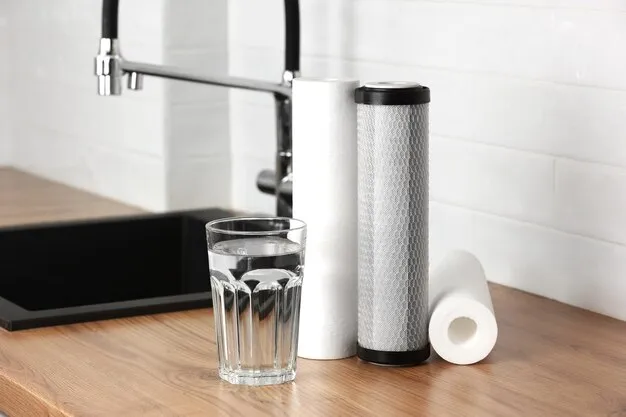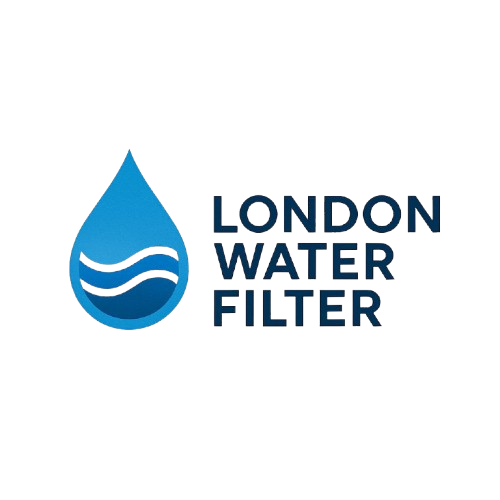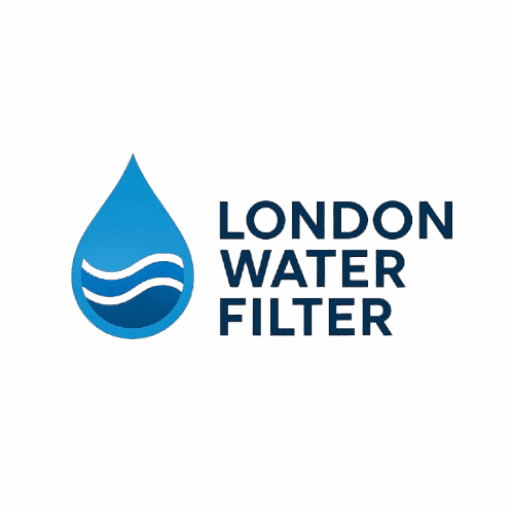London’s tap water is often assumed to be safe because it meets basic regulatory standards. But the real question is: what exactly is in your drinking water, and how is it impacting your body? If you rely on unfiltered water every day, you’re not alone but it’s time to uncover the hidden facts.
In this article, we’ll break down the differences between filtered and unfiltered water, look at the health impact, and help you decide the right filtration system for your home.
What’s in Unfiltered London Tap Water?
London tap water comes mainly from the River Thames and River Lee, going through treatment plants before reaching your tap. Despite that, trace amounts of chemicals, heavy metals, chlorine, microplastics, and even PFAS (forever chemicals) often remain in the supply.
Here’s a breakdown of what unfiltered tap water might include:
- Chlorine: Used to disinfect, but often alters taste and may irritate sensitive skin.
- Lead and Heavy Metals: Can enter through old plumbing systems.
- Microplastics: Found in municipal water due to environmental pollution.
- Bacteria & Organic Compounds: May exist in small amounts despite treatment.
- Hard Water Minerals: High levels of calcium and magnesium cause limescale and can affect appliances.
These contaminants don’t just affect taste and quality—they can influence long-term health, hydration, and skin sensitivity.
How Filtered Water Makes a Difference
Installing a water filter changes everything. A good filtration system removes harmful substances while preserving beneficial minerals like calcium and magnesium.
Key benefits of filtered water:
- Removes chlorine, lead, and heavy metals
- Improves taste and smell
- Protects from potential contaminants
- Supports hydration and skin health
- Reduces exposure to forever chemicals and microplastics
Depending on the type of filter like carbon filters or reverse osmosis systems you can target different impurities and tailor your water to your needs.
Filtered vs Unfiltered: Key Differences
| Feature | Filtered Water | Unfiltered Water |
|---|---|---|
| Taste | Clean, fresh | Chlorine-like or metallic |
| Safety | Removes harmful substances | May contain contaminants |
| Minerals | Retains beneficial ones (depending on system) | May contain harmful metals |
| Environmental Impact | Reduces bottled water use | May lead to plastic waste |
| Appliance Lifespan | Less limescale | More limescale buildup |
| Health Benefits | Supports hydration, fewer chemicals | Potential exposure to toxins |

Popular Filtration Methods for London Homes
Choosing the right filtration system depends on your water source and the impurities you want to remove. Here are some of the best options:
1. Activated Carbon Filters
- Removes chlorine, bad taste, and odor
- Targets organic compounds and pesticides
2. Reverse Osmosis Systems
- Filters out heavy metals, PFAS, and most chemicals
- Produces pure water, but may strip natural minerals
3. Granular Activated Carbon Systems
- Ideal for whole-home use
- Effective for reducing chlorine and disinfection by-products
4. Water Softeners
- Ideal for homes with hard water
- Protects plumbing and increases lifespan of appliances
Health Risks of Long-Term Unfiltered Water Use
Many people drink regular water from the tap every day, unaware of the long-term impact. Even low levels of lead, bacteria, or forever chemicals can affect the body over time.
- Skin issues: Chlorine can irritate eczema or sensitive skin
- Stomach discomfort: Poor water quality may disrupt gut bacteria
- Kidney strain: Heavy metals in water may put pressure on kidneys
- Developmental concerns: Lead exposure in children has serious risks
Environmental Impact: Bottled vs Filtered vs Tap
While bottled water seems like a cleaner option, it’s often just filtered tap water—and it comes with a huge plastic footprint. Filtered water at home offers a more sustainable, cost-effective, and safe water solution for daily use.
Which One Is Right for You?
When choosing between filtered and unfiltered, ask:
- Do I trust my water source?
- Am I concerned about chemicals or contaminants?
- Do I notice bad taste, odour, or residue?
- Do I want a safe water supply without the environmental cost?
If your answer is “yes” to any of the above, a high-quality water filter is the best way forward.
FAQs
Is London tap water safe to drink?
Yes, it meets legal standards but it may still contain chlorine, microplastics, and traces of metals. A filter removes those extras for better health.
What is the best water filter for London homes?
Carbon filters and reverse osmosis systems are both great. Carbon improves taste and removes chlorine. RO systems go deeper and remove a wide range of impurities.
Does filtered water remove beneficial minerals?
Some systems like reverse osmosis can strip natural minerals, but many modern filters are designed to retain them or reintroduce them later.
Is bottled water better than filtered water?
Not really. Bottled water often comes from similar sources and adds plastic waste. Filtered water offers a safer, cleaner, and cheaper option.
How can I check my tap water quality?
You can order a water test kit or check your provider’s water quality report online to see what’s in your city water.
Final Thoughts
Clean drinking water isn’t just about what’s removed it’s also about what’s left in. By understanding the pros and cons of filtered vs unfiltered water, you protect your health, improve your hydration, and reduce your environmental footprint.
Make the right choice for your family. Invest in a reliable water filter system and feel the difference in every glass.
Ready to experience clean water? Explore our selection of premium water filters at LondonWaterFilter.co.uk

